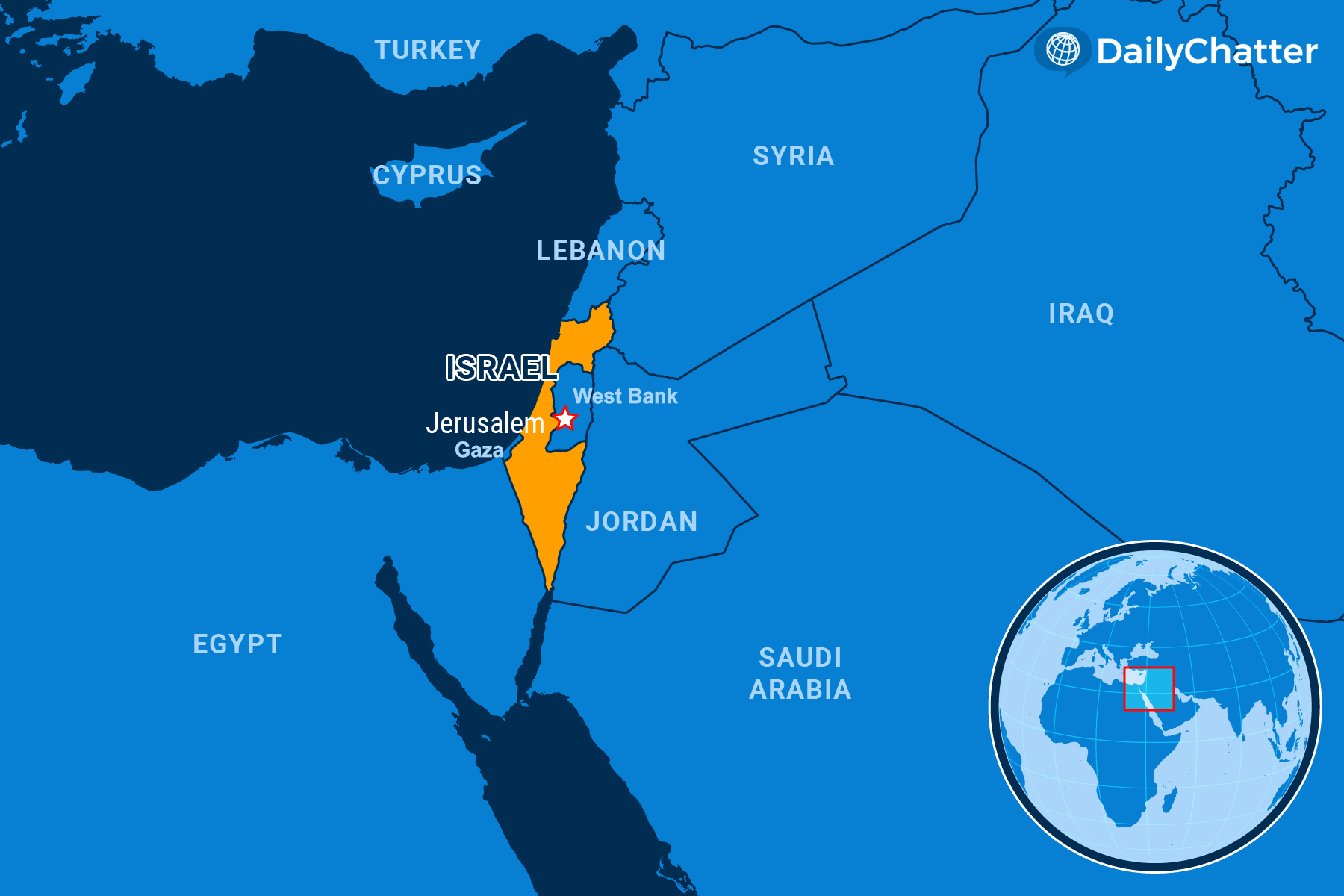Hedging Bets

Thousands of Israelis took to the streets Tuesday calling for Prime Minister Benjamin Netanyahu to agree to the terms of a ceasefire deal that Hamas accepted, the Guardian reported.
On Monday, the armed group announced it had agreed to an Egyptian-Qatari ceasefire proposal following weeks of high-level diplomatic talks aimed at creating a pause to the seven months of fighting in the Gaza Strip and a return of Israeli hostages held in the Palestinian enclave.
Soon after, protests took place across Israel, including in Tel Aviv and Jerusalem, calling on the government to agree to the deal: Under the proposed agreement, Israel would halt fighting for 42 days, followed by the release of hundreds of Palestinian detainees, while Hamas would free 33 hostages held in Gaza incrementally.
Demonstrators and opposition politicians at the protests, meanwhile, accused Netanyahu of “abandoning the hostages.” Israel estimates there are about 128 remaining hostages in the enclave, including 35 who the military says are dead.
Monday’s protests also echoed with calls for an end to the bloodshed and accountability for the lives lost in the Gaza war that began on Oct. 7.
Then, Hamas and its allies launched a bloody attack on southern Israel that resulted in the death of about 1,200 people and the kidnapping of more than 200 people.
Israel responded by launching strikes and a ground invasion against Gaza that have killed more than 34,000 Palestinians to date, according to Gazan officials.
While Hamas’ agreement was met with enthusiasm in Israel and abroad, Israeli officials said the deal did not meet its “core demands” and that it would continue its planned military offensive against Rafah in Gaza.
On Tuesday, Israeli forces rolled into Rafah and seized control of the Philadelphi Corridor, a key crossing to Egypt and a crucial aid entryway for Gaza, according to the Wall Street Journal.
Israeli military officials said the operation was aimed at dismantling Hamas’ infrastructure in response to recent attacks on Israeli soldiers.
But the Rafah invasion came as Hamas and Israeli representatives were to meet in the Egyptian capital on Tuesday to iron out the terms of the agreement. Analysts told the Journal that the offensive is tied to the negotiations as Israel seeks to increase pressure on Hamas.
Hamas described Israel’s operation as a “dangerous escalation” that would disrupt the flow of aid to the city.
Meanwhile, Israel’s international allies, including the US, have opposed the Rafah invasion. The Egyptian Foreign Ministry also condemned the Rafah operation, warning against any Israeli attempt to expand control in the Philadelphi Corridor, without specifying potential actions.

Subscribe today and GlobalPost will be in your inbox the next weekday morning
Join us today and pay only $32.95 for an annual subscription, or less than $3 a month for our unique insights into crucial developments on the world stage. It’s by far the best investment you can make to expand your knowledge of the world.
And you get a free two-week trial with no obligation to continue.
